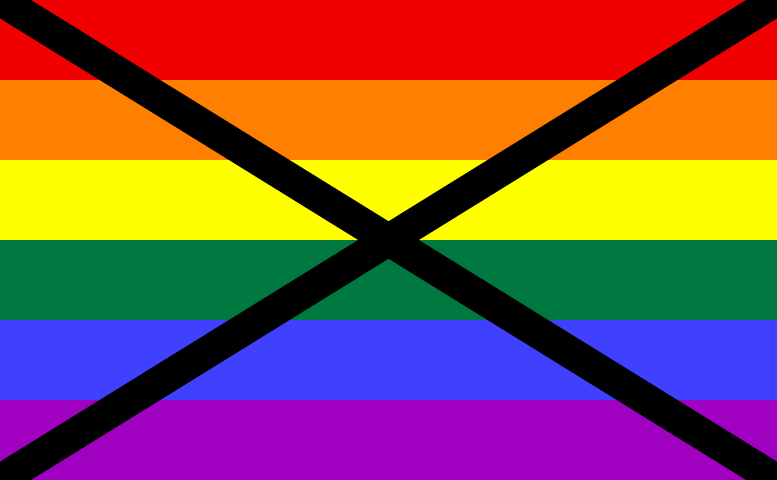
Now, this matter will be referred to a larger bench to reexamine the Constitutional validity of Section 377 of IPC.
Section 377 of the Indian Penal code restricts carnal intercourse, or a non-procreative sexual act between a man and a woman and makes it illegal, a punishable act which can Land 10 years in jail and/Maybe a fine.
it is widely knwon as the anti-gay sex law although it doesn't apply only to homosexuals,.
It only penalizes unnatural sex. The homosexuals and heterosexuals are similarly covered in this section.
It only penalizes unnatural sex. The homosexuals and heterosexuals are similarly covered in this section.
Conviction under Section 377 Approximately 750 cases were registered and 600 people arrested under Section 377 in 2014, according to the Deccan Herald report, soon after the SC changed the Delhi HC verdict of 2009, In which Delhi High court decriminalized homosexuality.
ad
ad
But LGBT activists have often alleged that the law gives an opportunity to people to use and abuse the criminal justice system.
Prosecution under Section 377
Documentary proof of ‘carnal intercourse' against the order of nature or unnatural sex is required to be prosecuted under Section 377, medical examinations will be required right after the act, and sufficient proof that can prove that penetration occurred.
Consensual practices like fellatio and digital penetration may also be punishable under this law.
Verdict under Section 377
Delhi high court declared that Sex 377 was unconstitutional In 2009, This decision was based on possible violations of Article 14 (equality before law), Article 15 (protection from discrimination) and Article 21 (protection of life and liberty) of the Indian constitution.
Consensual practices like fellatio and digital penetration may also be punishable under this law.
Verdict under Section 377
Delhi high court declared that Sex 377 was unconstitutional In 2009, This decision was based on possible violations of Article 14 (equality before law), Article 15 (protection from discrimination) and Article 21 (protection of life and liberty) of the Indian constitution.
It read down Sec 377 and excluded ‘consensual’ acts of carnal intercourse from its purview
But In 2013, A Supreme court bench headed by justices G S Singhvi and S J Mukhopadhaya changed the Delhi high court's verdict given in 2009 which decriminalized gay sex among consenting adults in private.
This had bench allowed the appeals filed by several social and religious outfits challenging the high court verdict so that gay sex is against the cultural and religious values of India.
The bench had asked the Parliament to take a decision on this controversial issue, stating that the legislature should debate and decide on the matter. thus the apex court verdict, the operation of penal provision against gay sex has come into force.
Later The Supreme Court heard it in an open court on February 2, 2016 on a curative petition filed by LGBT activists challenging the verdict criminalising homosexuality in the country.
A curative petition is the last judicial remedy for redressal of grievances in court which is normally decided by judges in-chamber. In rare cases, such petitions are given an open court hearing.
.jpg)
No comments:
Post a Comment